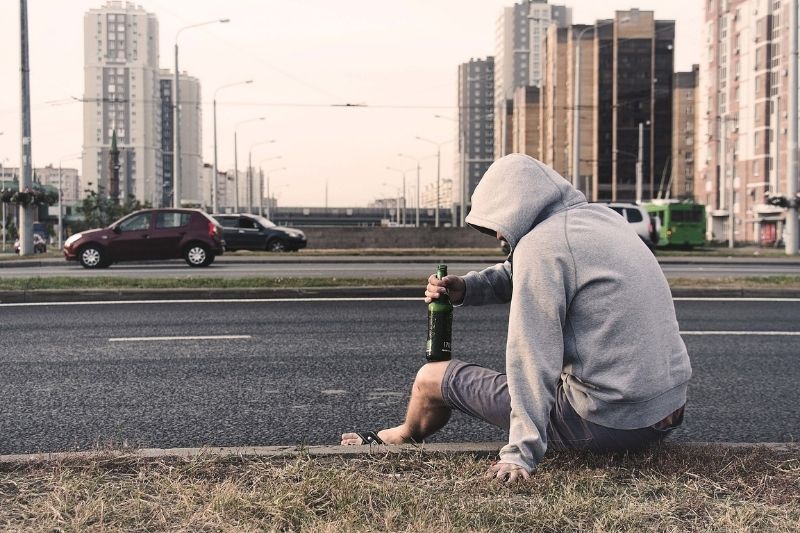No products in the cart.
5 Signs of Alcoholism in a Loved One

Do you have reason to believe that someone in your family is abusing alcohol? Do you have concerns about the impact alcoholism will have on their future? Are you worried that if you don’t step in now that something will go wrong soon enough?
Some people are open about their liking for alcohol. Other people try to hide it behind their obsessive nature or need to “wind down.”
There’s a big difference between alcoholism and having a few drinks every now and again. However, one thing is for sure: many people don’t know where to draw the line.
According to the National Institute on Alcohol Abuse and Alcoholism (NIAAA), “14.1 million adults ages 18 and older (5.6 percent of this age group) had alcohol use disorder (AUD).”
If you suspect that your loved one has fallen prey to alcoholism, it’s time to take action. But before you do that, you need to make sure you know what you’re talking about.
Here are some of the most common signs of alcoholism:
-
Drinking Alone
Most people would rather drink with others. For example, going to the bar for a few drinks after work.
However, someone who is abusing alcohol may tend to do so alone and/or in secrecy. They have a feeling that they’re doing something wrong, so they do their best to hide it from the people in their life.
If you have reason to believe someone is hiding their alcohol use from you, it’s a telltale sign that they’re heading down the wrong path.
-
Choosing Alcohol Over Responsibilities
Does your loved one miss work because they’re still drunk from the night before? Does your loved one neglect time with their children because they’d rather be drinking?
When someone chooses alcohol over their responsibilities, they may not realize they’re doing anything wrong. Instead, they feel that they have no choice but to do this. Their craving for alcohol is more powerful than anything else in their life.
This is typically one of the easiest signs to spot, as it often has a direct impact on your day to day life.
-
Trouble With the Law
Just because someone has a run-in with the law doesn’t mean they’re suffering from alcoholism. However, if multiple run-ins occur, all of which are related to consuming alcohol, there could be a bigger problem.
For example, multiple arrests for driving under the influence is a big deal. Not only does it point toward alcohol abuse, but it’s also putting the well-being of your loved one (and others) at risk.
-
Extreme Mood Swings
There are many reasons a person may experience extreme mood swings, some of which aren’t related to alcohol.
But extreme mood swings can be related to alcohol abuse, especially when combined with other common signs.
Extreme mood swings are dangerous to your loved one’s health, as well as others in their life.
For example, this person could be in a good mood one minute, playing with their kids, but extremely depressed and angry the next.
If you spend a good amount of time with your loved one, it’s generally easy to tell if they’re suffering from extreme mood swings.
-
Becoming More Isolated from Friends and Family
For instance, if your loved one always enjoyed time with friends and family—but recently has been staying away—something could be wrong. Maybe it’s alcoholism. Perhaps it’s something else. Either way, you need to get to the bottom of it.
In some cases, people who are abusing alcohol no longer feel a connection with their family and friends. This drives them away, which only leads to more challenges in the future.
Even if your loved one is trying to become isolated from you, don’t give in.
Final Thoughts
Alcoholism is every bit as dangerous as it sounds. It can result in serious illness or injury, or even death.
It doesn’t matter if you need help for women’s addiction, help for your teen, or assistance getting somebody else back on track, there are places you can turn. With the right treatment facility helping your loved one, there’s a greater chance that they’ll turn their life around in the near future.










Leave a Reply